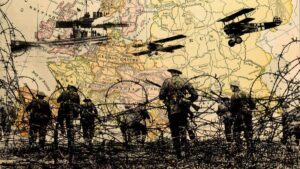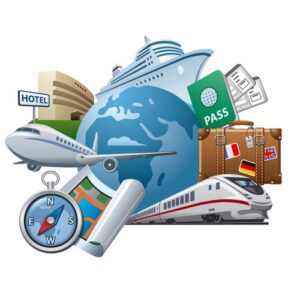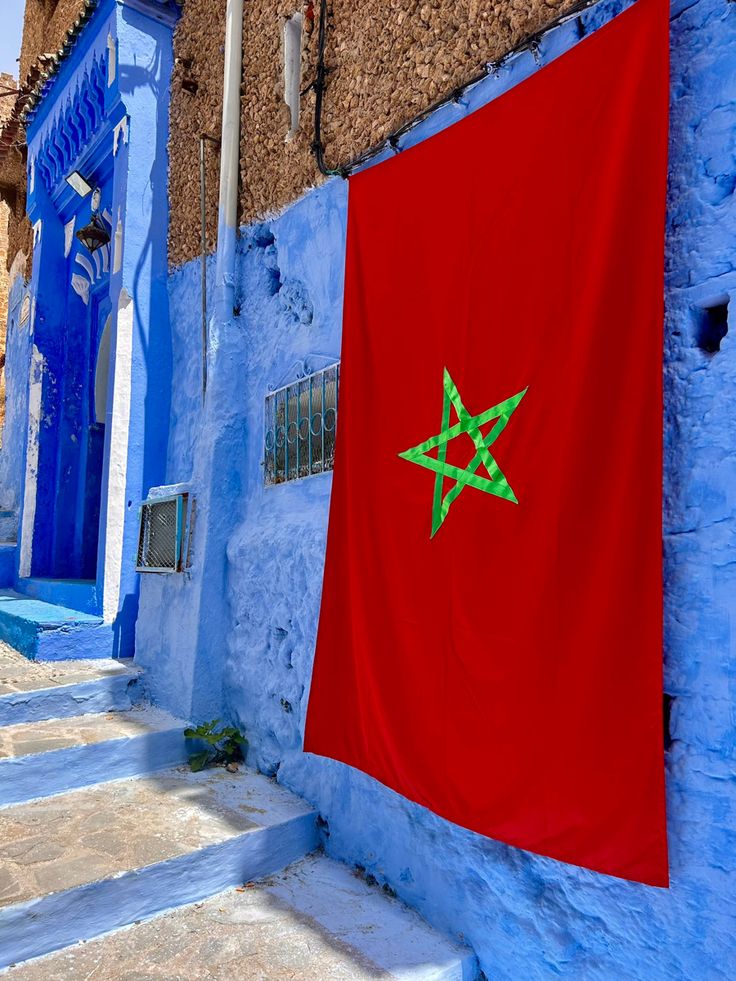
In the intricate realm of geopolitics, every political move sets off a chain of events on a global scale, highlighting the interconnectedness between the past, present, and future.
The tragic incident in Sarajevo in 1914, with the assassination of Archduke Franz Ferdinand of Austria, triggered the First World War, demonstrating how seemingly minor events can have massive repercussions.
In the Middle East, global powers like the United States, Russia, China, and Iran are engaged in a complex diplomatic dance to secure their position on the global stage.
The use of “pawns” or “proxies” in contemporary conflicts has reshaped our understanding of warfare, exemplified by groups like the Polisario in Algeria, supported by the country in their indirect confrontation with Morocco, and by Ukraine confronting Russia with military support from the United States.
At the heart of the Middle East, groups like Hezbollah and Hamas are employed as “proxies” in the confrontation between Iran and Israel, with devastating consequences for the communities trapped in the conflict.
Paradoxes emerge in the internal political landscape of the involved countries. A notable case is the dynamic between Israel and Iran, where confrontations seemingly bolster the positions of their political leaders, as evidenced by the support for Benjamin Netanyahu during tensions with Iran, also evident in Hamas attacks coinciding with internal political controversies in Israel.
It is remarkable how the strategic interests of Israel and Iran sometimes align with their internal political agendas, allowing leaders to capitalize on the perception of security and strong leadership to consolidate their power.
However, these dynamics raise questions about global priorities and international attention.Often, the ongoing oppression of women in Iran is overshadowed by military and geopolitical tensions. And no one questions, for example, Iran’s role in the Sahara and why it trains its Hezbollah fighters with Algerian Polisario militants.
In the words of Mark Twain, “History doesn’t repeat itself, but it often rhymes.” Geopolitics presents a complex and challenging landscape, underscoring the need to be vigilant about issues at our borders, promote peaceful solutions, and avoid exacerbating divisions. We cannot ignore human tragedies, such as the 33,000 lives lost in Palestine since October 7th of last year, a reminder of the urgency to act with compassion and responsibility in the global geopolitical arena.




